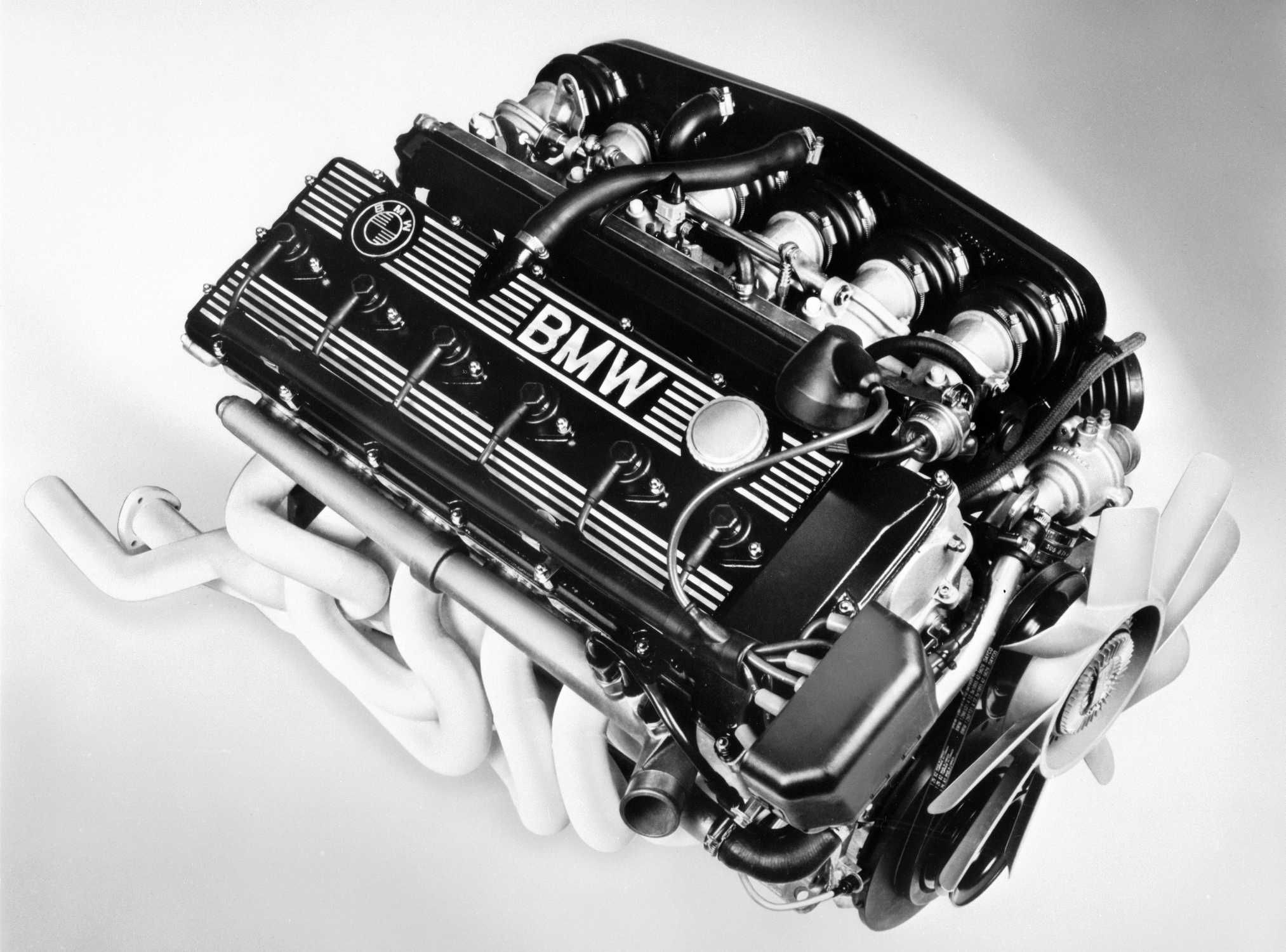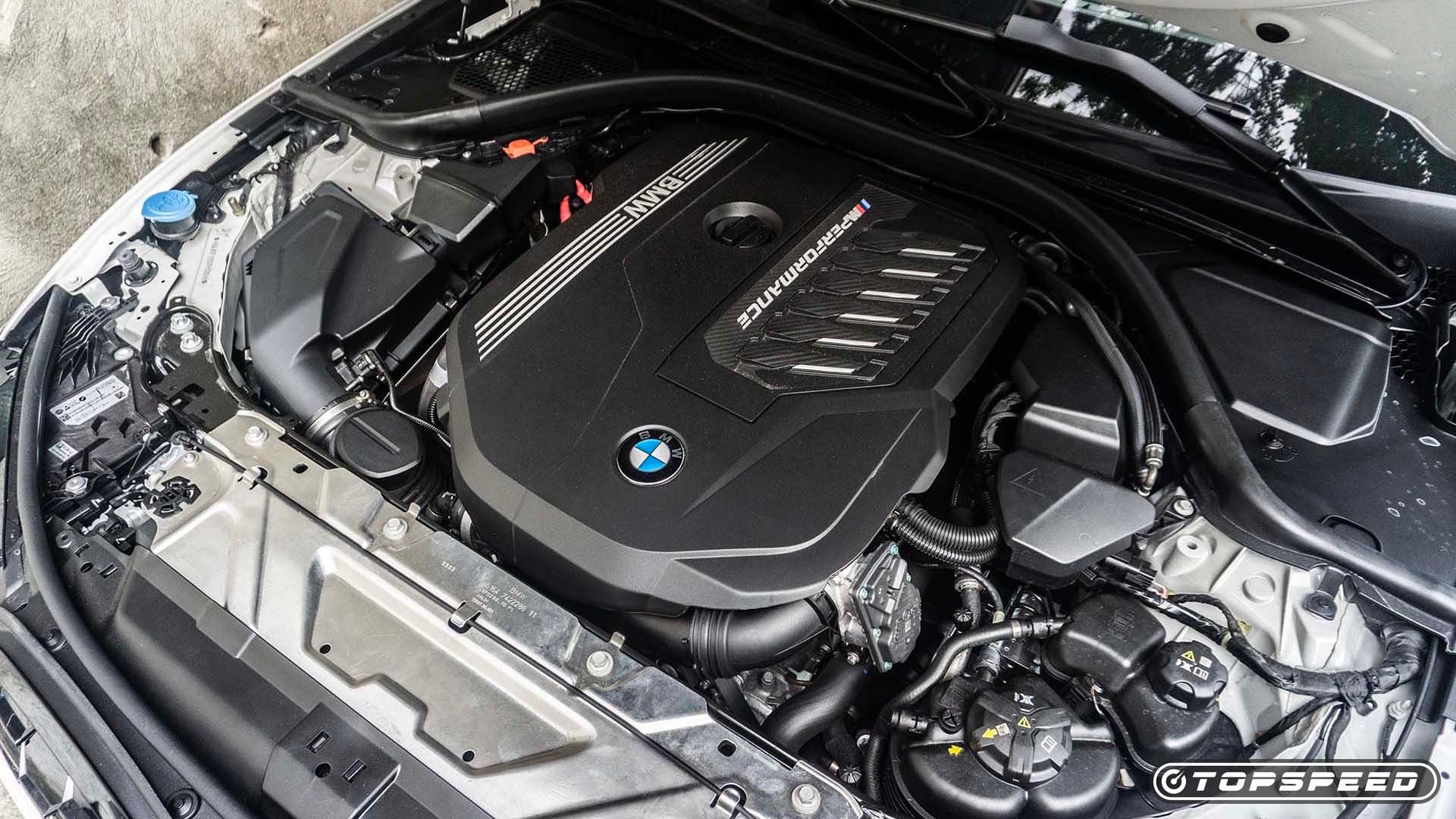A Comprehensive Overview to Comprehending BMW Engine Specifications
A Comprehensive Overview to Comprehending BMW Engine Specifications
Blog Article
Unveiling the Intricacies of Next-Generation Power Units: a Deep Study Advanced Engine Designs and Technologies
As we stand on the precipice of a brand-new age in transport, the details of next-generation engine layouts bid us to discover the advanced innovations and advancements that promise to redefine the driving experience. Delving much deeper right into the realms of emission control, smart engine administration systems, and the horizon of power unit growth, we find ourselves on the cusp of a transformation that promises to reshape the landscape of wheelchair as we know it.
Evolution of Engine Products

The change in the direction of progressed engine materials has actually additionally made it possible for engineers to make engines with greater power outputs while maintaining gas performance requirements. The use of lightweight materials decreases the overall weight of the engine, leading to enhanced gas economy and lower exhausts. Additionally, innovations in materials technology have actually enabled far better thermal administration within engines, resulting in enhanced reliability and long life.
Turbocharging and Supercharging Technologies
Just How do Turbocharging and Supercharging Technologies reinvent engine performance and efficiency in modern-day lorries? Turbo charging and turbocharging are technologies that considerably enhance engine performance by raising the amount of air consumption into the combustion chamber. Turbocharging achieves this by utilizing a turbine driven by exhaust gases to pressurize the intake air, while turbo charging utilizes a belt- or chain-driven compressor to accomplish the exact same effect.
These innovations enable smaller sized, extra fuel-efficient engines to generate power equal to bigger ones, understood as downsizing. By forcing even more air right into the cylinders, turbo charging and turbocharging improve combustion efficiency, leading to enhanced horse power and torque output without a considerable rise in engine size. This leads to better acceleration, hauling capacity, and general driving efficiency.
Furthermore, turbocharging and turbo charging add to boosted fuel performance by enabling the usage of smaller engines that take in less fuel under regular driving problems - bmw engine. This combination of boosted performance and efficiency has made turbocharging and turbo charging integral elements of many modern engine styles
Emission Control and Environmental Impact
With enhancing global problems relating to air top quality and environmental sustainability, the execution of emission control innovations in automobiles plays an important role in minimizing hazardous toxins released into the ambience. Modern vehicles are furnished with innovative discharge control systems that assist minimize the environmental impact of auto operations. Catalytic converters, for example, are made to convert hazardous gases such as carbon monoxide gas, nitrogen oxides, and hydrocarbons right into much less dangerous substances like co2 and water vapor.
Furthermore, developments in engine modern technology, such as the assimilation of exhaust gas recirculation systems and careful catalytic reduction, have significantly added to reducing discharges. These innovations function in tandem to maximize burning performance and decrease the launch of hazardous pollutants right into the air. Additionally, click reference the development of crossbreed and electric cars stands for a critical step in the direction of minimizing the general ecological impact of the transport industry.
Intelligent Engine Administration Solution

Additionally, these systems allow lorries to satisfy strict discharges requirements without endangering efficiency, providing a much more eco pleasant driving experience. The assimilation of expert system and artificial intelligence capabilities in engine administration systems continues to press the borders of what is possible, bring about additional improvements in performance, dependability, and total automobile efficiency. bmw engine. As auto innovation developments, intelligent engine administration systems will certainly play an essential duty in forming the future of transport towards an extra efficient and lasting instructions
Future Trends in Power Unit Growth
As intelligent engine administration systems lead the way for boosted control and optimization in contemporary cars, future patterns in power unit advancement are poised to redefine the landscape of automotive propulsion technologies. One of the vital trends driving technology in power system development is the shift towards electrification. With find more a boosting focus on sustainability and lowering carbon discharges, hybrid and electric powertrains are ending up being more prevalent in the automotive industry. These different power resources supply boosted efficiency and efficiency while straightening with stringent ecological policies.
Another substantial trend is the integration of innovative materials and making strategies. Light-weight materials such as carbon fiber and aluminum are being used to decrease overall car weight, improving fuel performance and performance. Furthermore, improvements in 3D printing and additive production are allowing the manufacturing of complicated engine parts with higher precision and sturdiness.
Moreover, fabricated knowledge and artificial intelligence are playing a crucial role in optimizing power unit efficiency. These technologies enable real-time tracking and flexible control, resulting in much more efficient and trusted power distribution. Generally, future patterns in power device advancement are geared in the direction of sustainability, performance, and efficiency, driving the vehicle industry in the direction of a brand-new era of propulsion innovations.

Conclusion
In conclusion, the developments in engine products, turbocharging, exhaust control, and smart administration systems have actually led the way for next-generation power systems. The detailed designs and technologies in modern-day engines display the ongoing evolution of automobile modern technology.
Checking out the dynamic improvements in engine materials has been see page critical in improving the performance and effectiveness of contemporary engines. Over the years, the evolution of engine materials has actually played a critical duty in pressing the limits of what engines can accomplish.The change towards progressed engine products has likewise made it possible for engineers to develop engines with higher power outcomes while maintaining gas efficiency criteria.The implementation of intelligent engine management systems in contemporary lorries has changed the method engines are managed and maximized for efficiency and effectiveness. By collecting data in real-time and assessing it with sophisticated algorithms, intelligent engine monitoring systems can adapt to driving designs, environmental aspects, and engine health and wellness to make best use of power result while reducing gas intake and discharges.
Report this page